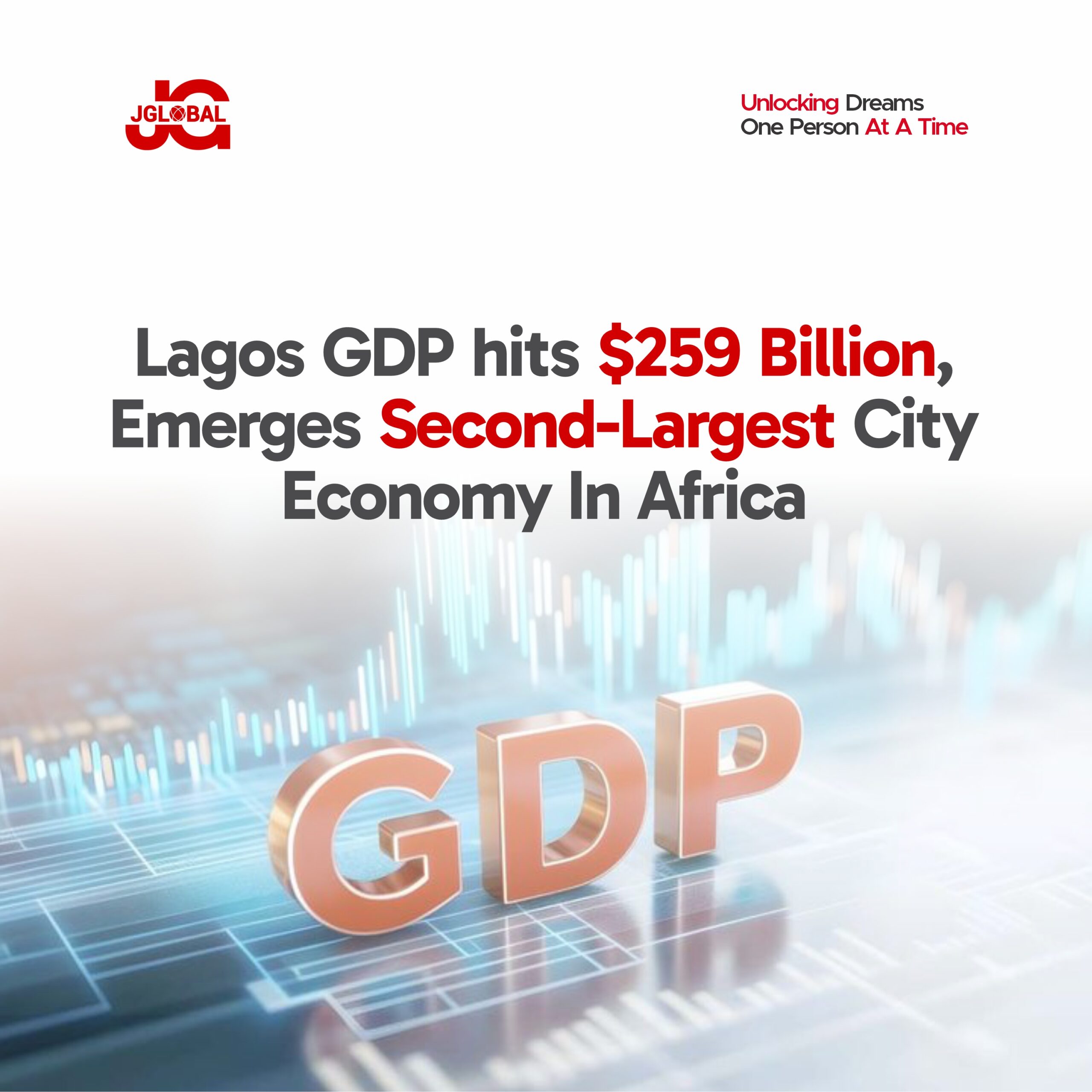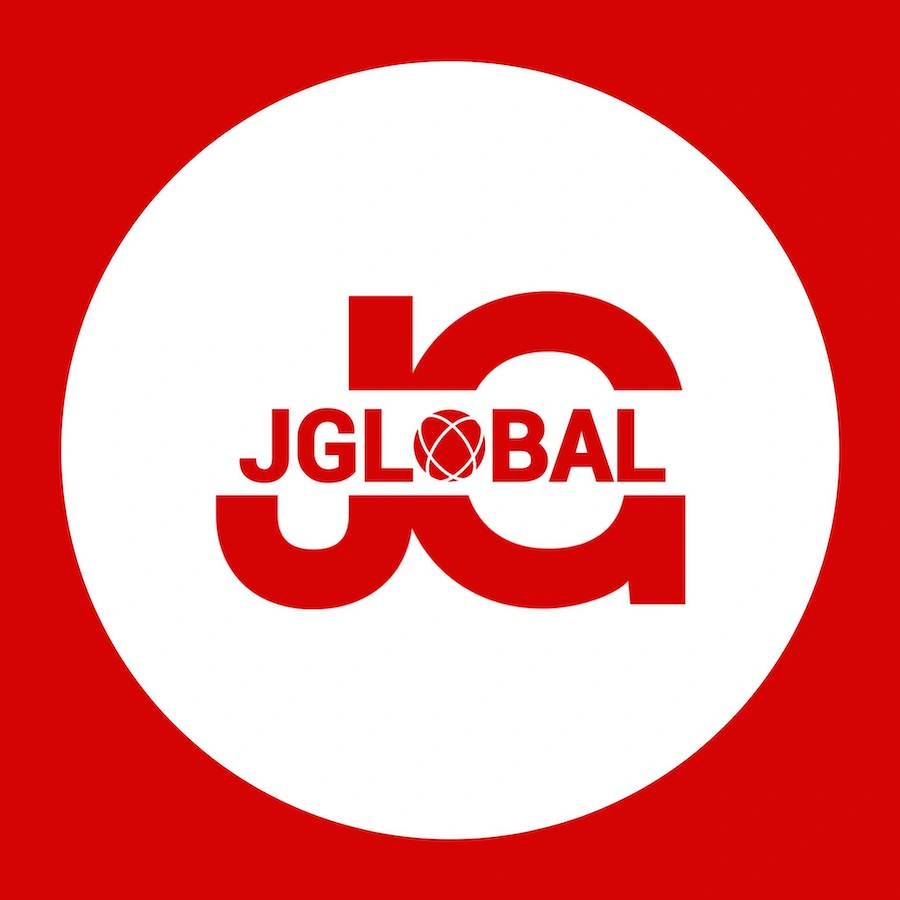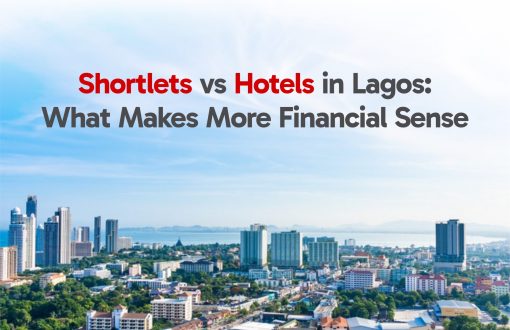Lagos Becomes Africa’s Second-Largest City Economy With GDP of $259 Billion

Lagos has just achieved a major economic milestone, and it’s something worth paying attention to. The state’s GDP has now hit $259 billion, making it the second-largest city economy in Africa, just behind Cairo. The state’s economy has shown significant expansion in recent years. In 2023, Lagos had a GDP of approximately ₦19.65 trillion which is $12.76 billion. By the first half of 2024, this figure had grown to ₦27.38 trillion which is $17.78 billion. Projections for 2025 estimate the GDP to reach $43.17 billion reflecting the state’s robust economic trajectory
What are the Implications for Nigeria’s National Economy?
Lagos hitting a GDP of $259 billion isn’t just good news for the state, it’s a big win for Nigeria’s economy too. Lagos has always been the country’s economic powerhouse, but now, with this new milestone, its impact on the national economy is even greater. Let’s break down how this affects Nigeria as a whole.
- Revenue Generation:
Since Lagos is Nigeria’s commercial hub, it generates a large chunk of the country’s revenue. Businesses pay taxes, companies register their operations there, and trade activities bring in money. When Lagos grows, Nigeria’s tax revenue increases, which means more funds for things like roads, healthcare, education, and other national projects.
- Employment Opportunities:
Lagos is home to thousands of businesses, from small startups to multinational corporations. As the economy expands, these businesses grow, and new ones emerge. This means more jobs for Nigerians, not just for those in Lagos but for people moving in from other states to find work. A lower unemployment rate helps reduce crime and poverty, leading to a more stable and prosperous country.
- Foreign Direct Investment (FDI):
Foreign investors are always looking for places where they can put their money and see good returns. A strong Lagos economy sends a clear message: Nigeria is a place worth investing in. When investors bring in money, they don’t just focus on Lagos—other parts of Nigeria also benefit from new industries, infrastructure, and business opportunities.
- Boost for Other States Through Trade:
Lagos is the main gateway for imports and exports in Nigeria. It has the biggest ports, and most goods entering or leaving the country pass through the city. As Lagos grows, businesses in other states benefit too because they supply raw materials, food, and labor to meet the growing demand in Lagos. This creates a ripple effect, strengthening the economy across Nigeria.
- More Infrastructure Development
Lagos’ success pushes the Nigerian government to invest more in infrastructure—better roads, improved electricity supply, and efficient transport systems. As the country works to support Lagos’ growth, other states also get the opportunity to improve their infrastructure, making life better for millions of Nigerians.
Why Lagos is a Prime Investment Destination
Lagos isn’t just Nigeria’s biggest city; it’s the heart of the country’s economy and a goldmine for investors. With a GDP of $259 billion, it’s now the second-largest city economy in Africa, and this massive growth makes it one of the best places to invest right now. But what exactly makes Lagos such a great investment destination?
- Strategic Location:
Lagos sits on the coast of Nigeria, right next to the Atlantic Ocean. This means it has easy access to international trade routes, making it the country’s main gateway for imports and exports. The city has some of Nigeria’s biggest ports, which makes shipping goods in and out of the country faster and easier. For businesses looking to trade across Africa and beyond, Lagos is the perfect place to set up shop.
- Robust Infrastructure:
The Lagos State government has been working hard to improve infrastructure, with projects like the Lagos Blue and Red Rail Lines, better road networks, and improved power supply. These developments make Lagos more attractive to investors because they create a smoother business environment. The government is also offering incentives to attract foreign investors, such as tax breaks and easier business registration processes.
- Market Size:
Lagos is home to over 20 million people, making it one of the biggest cities in the world. For any business, having a large customer base is key, and Lagos offers just that. Whether you’re selling food, technology, fashion, or financial services, there’s always a huge demand. People in Lagos are also known for their high purchasing power compared to other parts of Nigeria, meaning businesses can thrive here faster.
- Economic Diversification:
Lagos is Nigeria’s business hub, and many top companies, including banks, tech startups, and multinational corporations, have their headquarters here. The state government has also been making efforts to improve the ease of doing business by simplifying business registration, reducing bureaucracy, and providing better infrastructure. This makes it easier for both local and foreign investors to start and grow businesses in the city.
- Energy Sector:
The inauguration of the Dangote Petroleum Refinery, with a capacity of 650,000 barrels per day, positions Lagos as a key player in the oil and gas industry. This development opens avenues for investments in petrochemicals, logistics, and ancillary services .
What are the Investment Opportunities in Lagos?
With a GDP of $259 billion and a rapidly expanding economy, Lagos is a land of endless opportunities for investors. Let’s take a closer look at some of the top investment opportunities in the city.
- Real Estate
Lagos is growing fast, and with over 20 million people living in the city, housing demand is always on the rise. More people are moving into Lagos every day for jobs and business, making real estate one of the most profitable investments. Emerging areas like Ajah, Ibeju-Lekki, and Epe are experiencing rapid development, with property values increasing yearly. Investors can make money through rental properties, short-term rentals (like Airbnb), or buying and reselling land and houses at higher prices.
One of the biggest drivers of real estate growth in Lagos is the ongoing infrastructure development, including the construction of the Lagos-Calabar Coastal Highway, the Lekki-Epe Expressway, and the Lekki international Airport. These projects are making different parts of Lagos more accessible and valuable for real estate investment.
Here are conducive, well-secured Properties in Lagos
- Technology
Lagos has positioned itself as Africa’s leading tech hub. It is home to many successful startups, especially in fintech (financial technology). Companies like Paystack, Flutterwave, and Kuda Bank all started in Lagos and have raised millions of dollars from global investors. The growing number of internet users and smartphone penetration in Nigeria is fueling demand for tech solutions in banking, e-commerce, logistics, and education.
Investors can put money into Lagos-based startups, set up tech hubs, or launch innovative digital services. The government is also supporting the tech industry by providing grants and policies that make it easier for tech businesses to thrive.
- Agriculture and Food Processing
Even though Lagos is a bustling urban city, agriculture still plays a major role in its economy. The demand for food is always high due to the large population, making agribusiness a profitable venture. Investing in food production, poultry farming, fish farming, and food processing can yield high returns.
Lagos also imports a lot of its food from other states and countries, meaning there’s a big opportunity for local farmers and investors to tap into the market. Businesses that can process and package food products in Lagos stand to make massive profits.
- The Entertainment Industry
Lagos is the entertainment capital of Africa. It is home to Nollywood, the second-largest film industry in the world, and a thriving music scene that has produced global stars like Wizkid, Burna Boy, and Davido. The demand for African movies, music, and digital content is growing worldwide, and Lagos is at the center of it all.
Investors can make money in film production, music distribution, event management, and streaming services. With the rise of digital platforms like Netflix and YouTube, the entertainment industry in Lagos is becoming more profitable than ever.
- Transportation and Logistics
With millions of people moving around Lagos every day, transportation is a big business. Ride-hailing services like Uber and Bolt have already seen success, but there’s still a need for better transport solutions. Investing in transportation, such as bus services, water transportation, or even e-bike services, can be highly profitable.
E-commerce is also booming in Lagos, increasing the demand for logistics and delivery services. Companies like Jumia and Konga rely on logistics businesses to deliver goods, creating opportunities for investors in courier and last-mile delivery services.
- Renewable Energy
Nigeria has struggled with electricity supply for years, and Lagos is no exception. Businesses and households rely on generators, but with the rising cost of fuel, more people are looking for alternative energy solutions. This makes renewable energy one of the hottest investment sectors in Lagos.
Solar power companies are already making waves, providing homes and businesses with more reliable electricity. Investors can set up solar farms, battery storage solutions, or even energy-efficient appliances to tap into this growing market.
- Financial Services
Lagos is Nigeria’s financial hub, home to top banks, insurance firms, and investment companies. The banking sector continues to expand as more people gain access to financial services. Fintech companies are also revolutionizing banking in Lagos, offering digital payment solutions, loans, and investment platforms. With millions of Nigerians still unbanked or underbanked, there’s a huge opportunity for investment in financial technology, digital banking, and lending services.
Recent Developments and Future Outlook
Recent policy reforms, such as the removal of fuel subsidies and naira devaluation, have stabilized Nigeria’s economy, making it more attractive to investors. The Nigerian naira has appreciated over 7% against the dollar since November, supported by yields of up to 25% on local bonds. Furthermore, the planned auction of undeveloped oil and gas blocks in 2025 indicates Nigeria’s commitment to boosting oil production and supporting government finances.
Conclusion
Lagos’s ascent to a $259.75 billion GDP underscores its status as an economic powerhouse in Africa. The state’s strategic initiatives, coupled with its diverse economy, present vast opportunities for investors. As Lagos continues to grow, it not only elevates Nigeria’s economic profile but also offers a fertile ground for investment and innovation.



